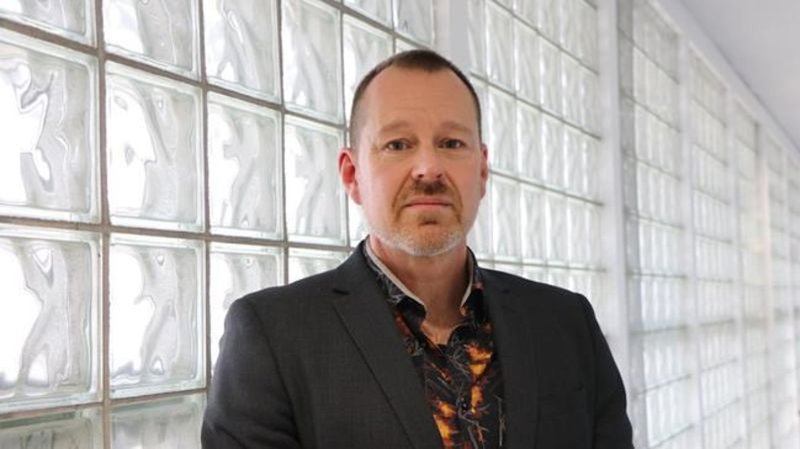
Livestreamed mass shooting shows more internet regulations needed: experts
WINNIPEG — David Shanks felt a familiar sense of distress as he learned a video was quickly spreading online depicting a mass shooting in a Buffalo, N.Y., supermarket.
Only three years ago, Shanks was faced with the question of how to stop the spread of a video of a vicious massacre in Christchurch, New Zealand.
“It’s incredibly sad and I just feel so deeply for everyone affected by this,” Shanks said.
He recently ended his five-year term as New Zealand’s chief censor. He is in Winnipeg this week with other international experts to develop strategies aimed at fighting against unsafe digital spaces.
